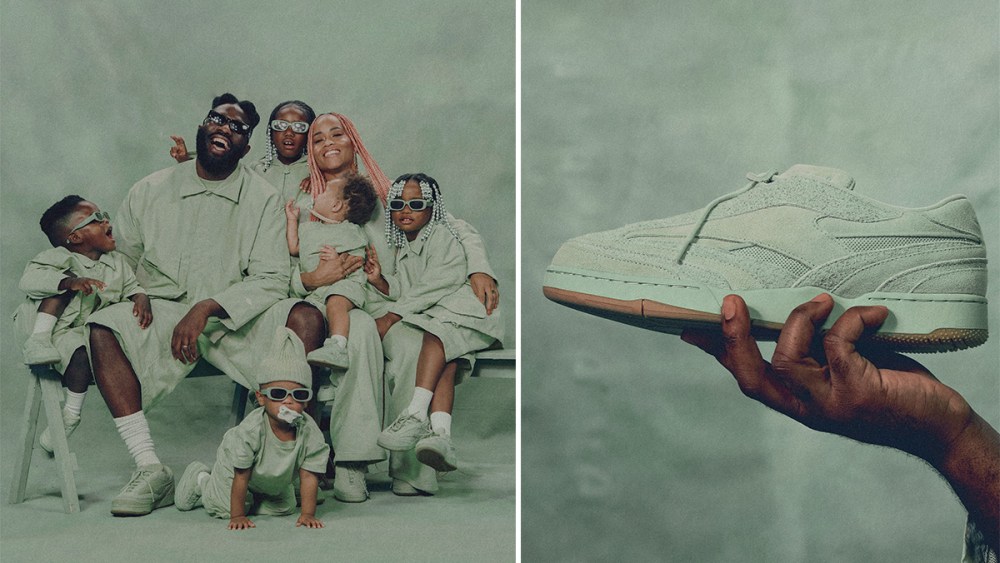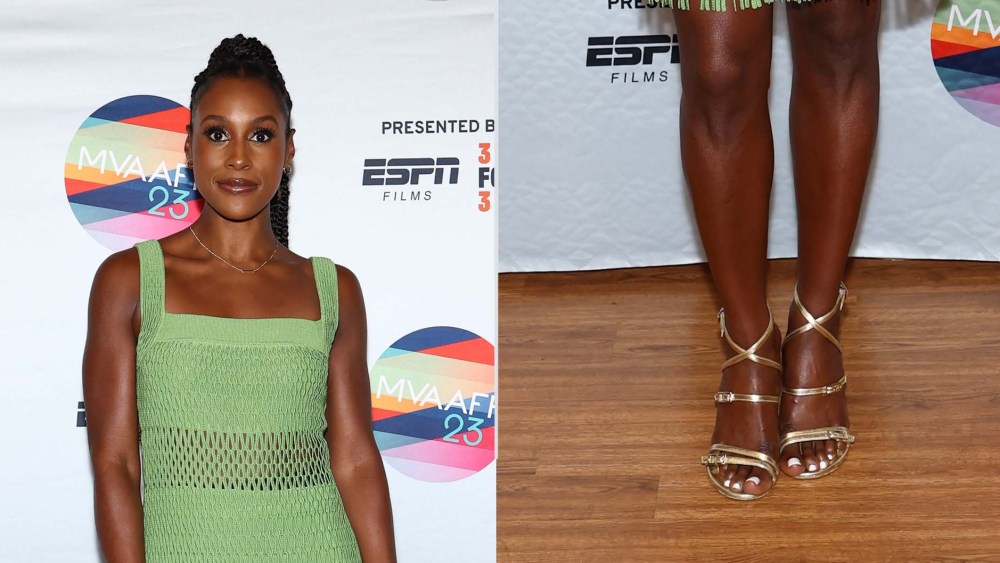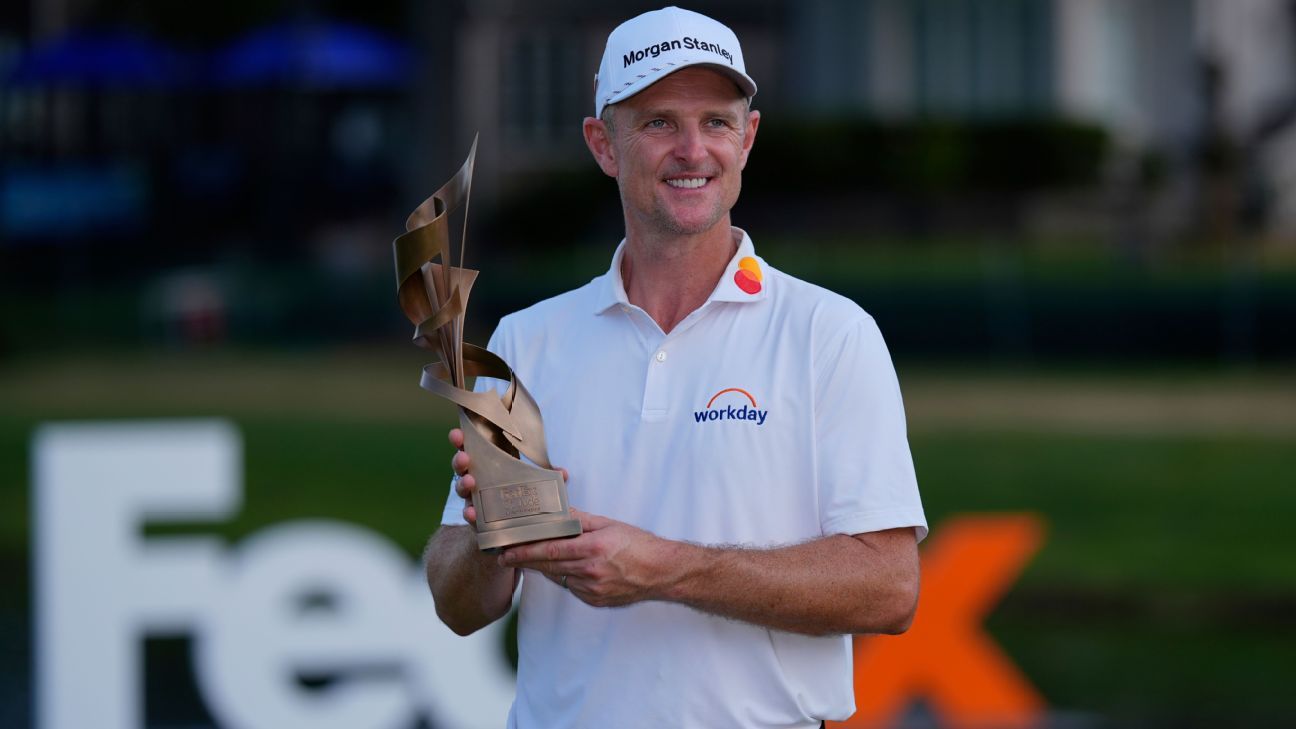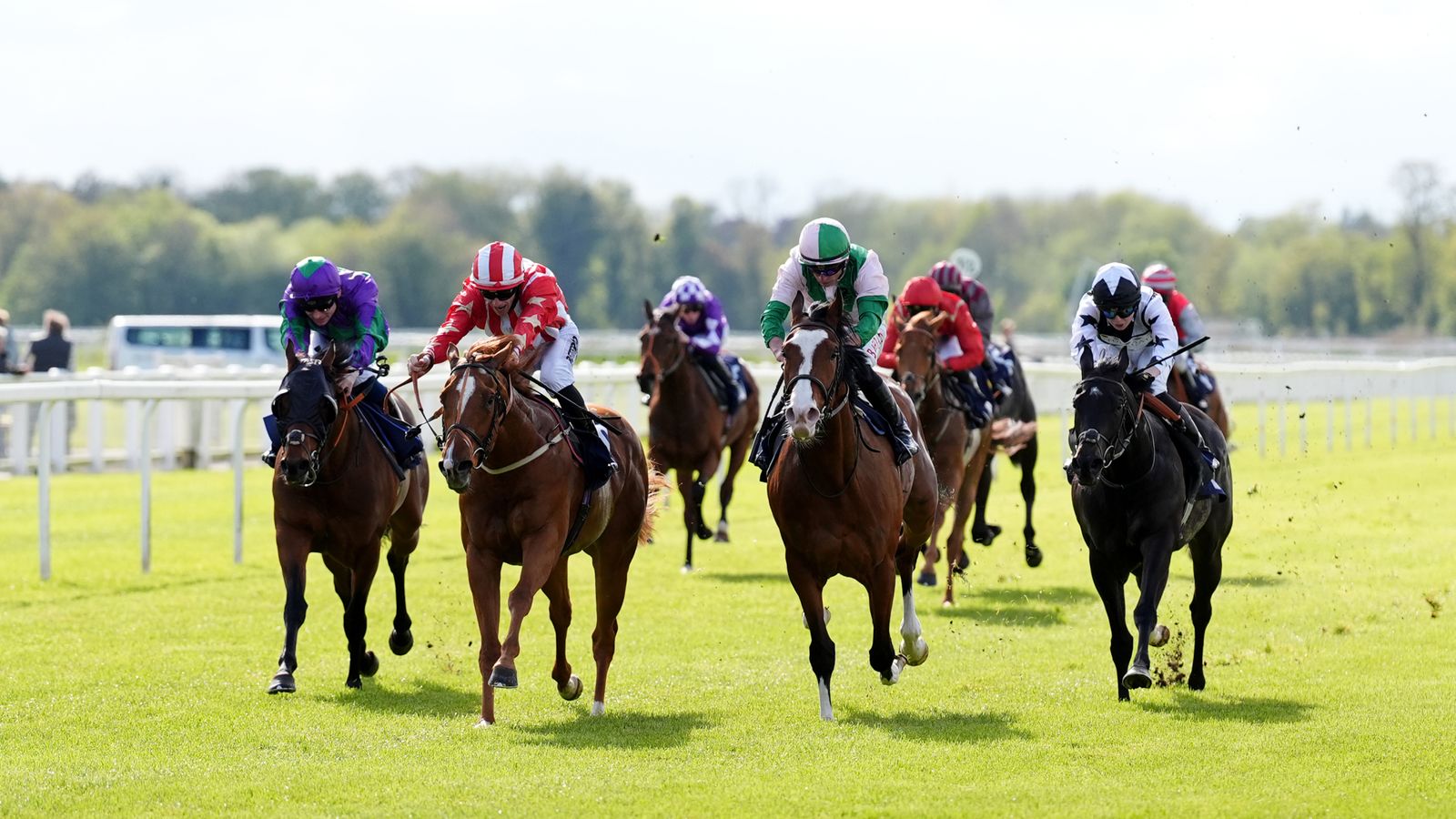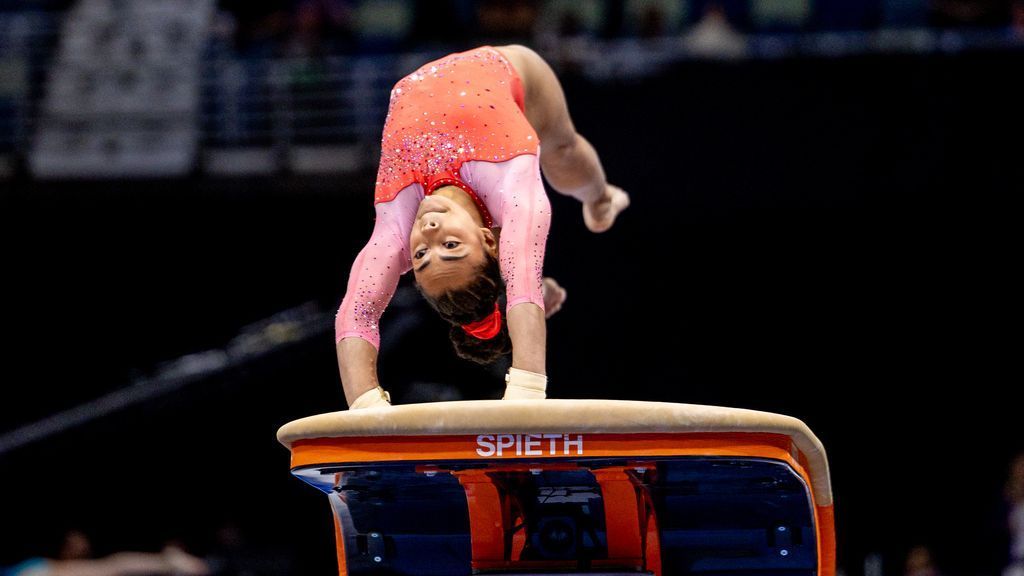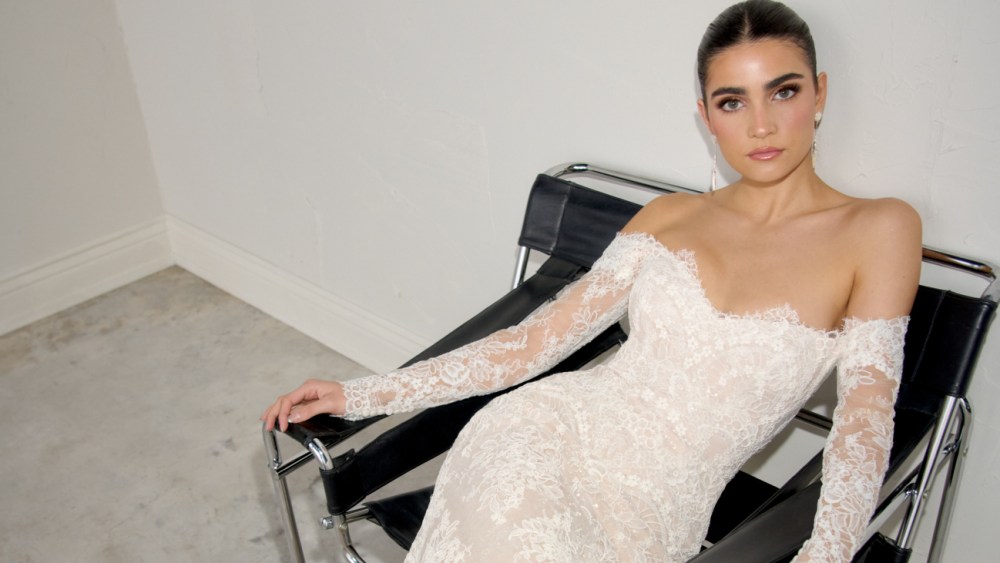
After members of the bridal industry first appealed to President Donald Trump’s administration to consider an exemption from tariff increases in April, some executives are now traveling to Washington, D.C., to make their case in person.
Bridal manufacturers, designers and other members of the formalwear industry have banded together to launch a two-day lobbying effort Tuesday and Wednesday to engage with government officials. The group will be composed of six members of the North American Formal Apparel Association, according to a spokesperson for its lobbying partner Converge.
With 15,000-plus independent bridal stores and 300,000 workers in its supply chain, the sector is trying to safeguard jobs and businesses. Domestic manufacturers and retailers have a lot at stake, given that there are 2 million weddings annually in the U.S. and the average wedding gown costs between $1,600 and $2,000. The tariffs come at a time when the bridal industry is not growing, due partially to declines in birth rates, marriage rates and immigration. In addition, the average age of a bride is 28 and the average age of a groom is 30, and they often live together before tying the knot. Others opt to cohabitate rather than wed.
Asia has been a hub for the production of wedding dresses, due to the numerous factories there, as well as labor costs and the availability of services and specialized machinery for embroidery, lacework and other embellishments that are popular with brides. Nearly 90 percent of wedding gowns and formalwear is made in Asia with China being a leading resource, and other production is being done in Vietnam, the Philippines, India and Myanmar.
Meanwhile, brides-to-be have been turning to TikTok, other social media platforms and influencers to try to get a better understanding of the impact of tariffs on wedding gown prices. One TikTok video that explains the situation posted by NBC News had been viewed 316,400 times, as of Monday afternoon.

A dress from the Pnina Tornai X Kleinfeld bridal fall 2025 collection.
Courtesy of Pnina Tornai X Kleinfeld
Making the point that dresses including daytime ones are currently all classified together, Justin Alexander’s chief executive officer and creative director Justin Warshaw said Monday, “We’re of the opinion that dresses like wedding dresses, prom dresses or quinceanera dresses are typically worn once so they are more like costume wear or one-time wear.”
Warshaw, who will be traveling to D.C., said all of his company’s goods are made in Asia. With pauses on select tariffs set to be up in mid-July, bridal brands are uncertain about how to handle their pricing, since it is not known whether the pauses will be extended. Warshaw said the goal of the trip is to get “a clearer understanding of the tariff landscape impacting the formalwear industry.”
He added, “With limited ability to re-shore production to the U.S., ongoing tariff uncertainty has created serious challenges for our made-to-order model and long lead times. We’re hoping to explore possible avenues for reclassification or exemption and plan to discuss these with our contacts in D.C.”
On Friday afternoon, a consortium of wedding dress makers, bridal designers and retailers took part in a webinar that was hosted by Converge to discuss the formalwear tariff strategy and advocacy update. In advance of the call, organizers e-mailed a few dozen representatives from the industry encouraging them to participate. Recipients of the e-mail, which was shared with WWD, learned, “We’re making meaningful progress, but there’s more work to be done. Tariff uncertainty continues to threaten the formalwear industry, and NAFAA is leading the charge to secure long-term relief.”
Describing NAFAA’s strategy as “focused, actionable, and gaining traction,” the group is aiming for the reclassification of formalwear as “one-time use” or “special occasion wear” to eliminate punitive tariffs. As part of its plan to engage with the U.S. Department of Commerce and key officials, this week’s two-day outreach will include meetings with representatives from the U.S. Department of Commerce, the House Ways and Means Committee, U.S. Customs, the Senate Finance Committee, and the Hispanic Caucus, the Converge spokesperson said.
In April, the industry banded together to circulate a petition that called on the Trump administration to consider the exemption. That initiative resulted in more than 2,500 signatures. At that time, Warshaw warned that the cost of wedding gowns could increase by 20 percent.
In April, a letter that was put forward by three leading bridal manufacturers was hand-delivered to Trump’s daughter-in-law Lara. The letter referenced how the industry’s supply chains in Asia took decades to build and cannot be replicated domestically without “significant disruption and cost increases” that would fall to “American families.”
On Friday’s call, supporters were encouraged to donate money to the effort and to travel to the Beltway, according to one executive, who listened in, but declined to be identified. Callers were briefed about the current legal and policy landscape, the strategy behind the in-person advocacy and how their companies can get involved.
Prior to Friday’s webinar, more than 40 companies had joined NAFAA, but broader participation from the industry is being encouraged. About $240,000 had been raised, with the scale of the donations range from $250 to $30,000, Warshaw said.
Last week’s join-the-webinar email was signed by Warshaw, Mon Cheri Bridal’s CEO Steve Lang, Allure Bridals’ Kelly Crum and Vows Magazine’s Peter Grimes. Lang declined to comment about the trip to the nation’s capital. Crum and Grimes did not acknowledge media requests Monday afternoon.
NAFAA’s membership includes Anne Barge, Bari Jay, Casablanca, Dessy, Jim’s Formalwear, Jovani, Kleinfeld, Loverly, Maggie Sottero, Morilee, SYVO, Terani Couture, The Bridal Outlet and Watters among other companies. Media requests to several of the listed members were unreturned as of Monday afternoon.
#Bridal #Executives #Travel #D.C #Seek #Exemption #Tariffs

